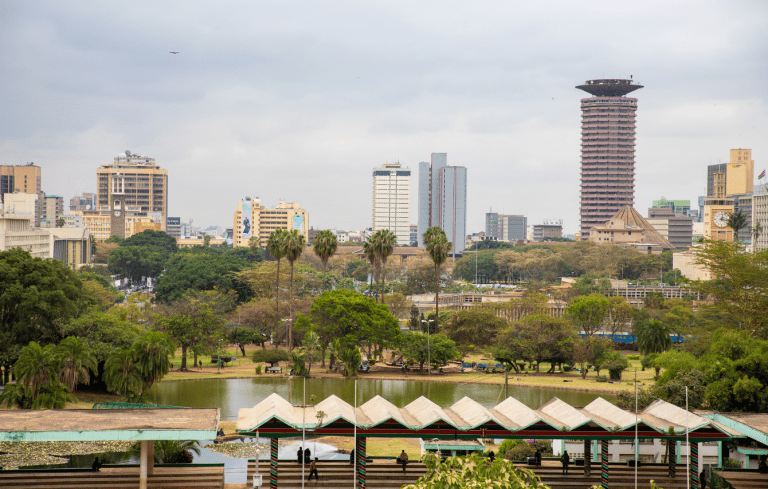The short answer is yes, providing the following criteria are met by the SMSF:
- The SMSF’s trust deed, which serves as the fundamental legal document outlining its rules and operations, must explicitly include provisions allowing the SMSF to engage in the purchase of overseas investments. Additionally, these provisions must also be covered in the SMSF’s investment strategy, which is a component of its financial planning.
- The overseas property can meet the sole purpose test at all times during the period of ownership of the overseas property. SMSFs that purchase overseas property often assume they can lease or offer the property to the members for free. This can cause the sole purpose test to be breached, and the result can be very costly.
- If the SMSF can purchase the property in the name of the trustee(s), then there would not be a problem. However, strict foreign ownership rules will often require an overseas vehicle (i.e. a company) to be set up to purchase, and the SMSF, in turn, would own the shares in this related overseas company. This can trigger in-house assets problems for the SMSF where the related company borrows money or have a loan owing to other parties. The related company must remain ungeared during the property ownership period to avoid the in-house assets problem.
Having an overseas-related company will also mean that you may need to have an overseas bank account in the company’s name to transact on the property (i.e. collect rent and pay the outgoings). Care must ensure that the overseas bank account complies with our Australian banking law (the Banking Act 1959 (Commonwealth)).
Also, where an overseas-related vehicle is involved, how will the property’s income or capital gains tax be treated? This will mean it is complicated as the double tax agreement must be reviewed and considered. Taxation issues such as foreign withholding tax (ranging from 0-30% depending on the overseas country) and claims for foreign income tax offset will need to be examined. Where the SMSF is in pension or tax-free mode, the SMSF would waste any overseas tax burden in Australia. - There will be added complexity where borrowing is involved in funding and purchasing the overseas property (i.e. using a limited recourse borrowing arrangement – LRBA). Issues include whether the local Australian bank will lend SMSF money to purchase an overseas property and how it would take security over an overseas asset. If an overseas lender is used, will the loan arrangement comply with the SMSF’s LRBA rules?
In summary, purchasing an overseas property is indeed doable, but what will be the cost for getting it right from the start, and what would be the cost to the SMSF if it was found to be in breach of the in-house assets or sole purpose tests or the LRBA rules? Any overseas investments by an SMSF should not be taken lightly.
If you find yourself interested in purchasing an overseas property or want to know more about this topic, please do not hesitate to reach out and contact us. We are here to provide you with expert guidance and support tailored to your specific needs and circumstances, ensuring that your investment decisions align with both your financial goals and SMSF compliance requirements.
*Correct as of October 2014
*Disclaimer – Kreston Stanley Williamson has produced this article to serve its clients and associates. The information contained in the article is of general comment only and is not intended to be advice on any particular matter. Before acting on any areas in this article, you must seek advice about your circumstances. Liability is limited by a scheme approved under professional standards legislation.














